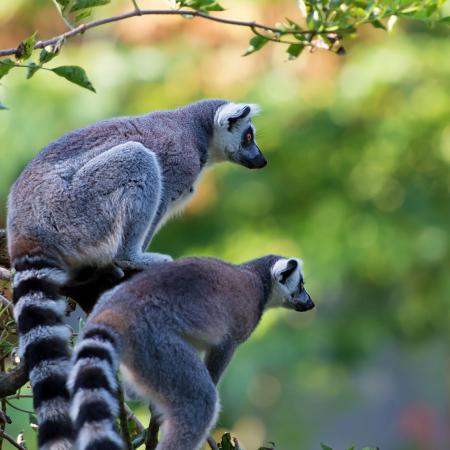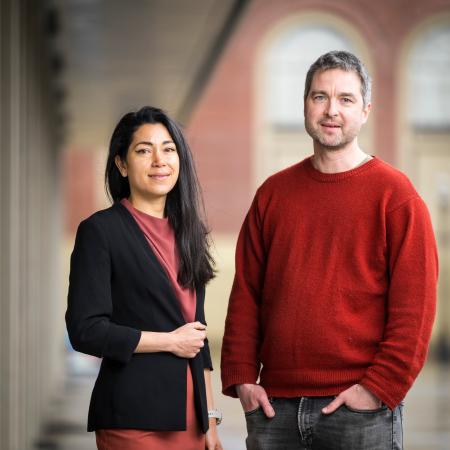Our teaching philosophy
Integrative biology courses are student-centered, with student learning and success placed at the forefront of everything that we do. We aim to create inclusive classrooms where all students feel valued as individuals, are free to think critically and can make mistakes during their learning process.
Generally, we believe that biology should be fun and interesting! Our faculty perform research on wide array of biological sub-fields and hope to share some of the diversity of biological fields and expertise with you over the course of your time at Oregon State University. Our ultimate goal is to provide students with the confidence and skills to learn about the natural world for themselves for the rest of their lives. We hope that you learn to make decisions based on evidence, know what good evidence is, and understand ethical implications of your decisions.
Finally, biology is a science and part of learning biology is learning how science works. We hope to teach you that biology is not just the memorization of facts but is about making connections between topics, testing hypotheses and learning more about life on earth through on-going research and making connections between science and society.




